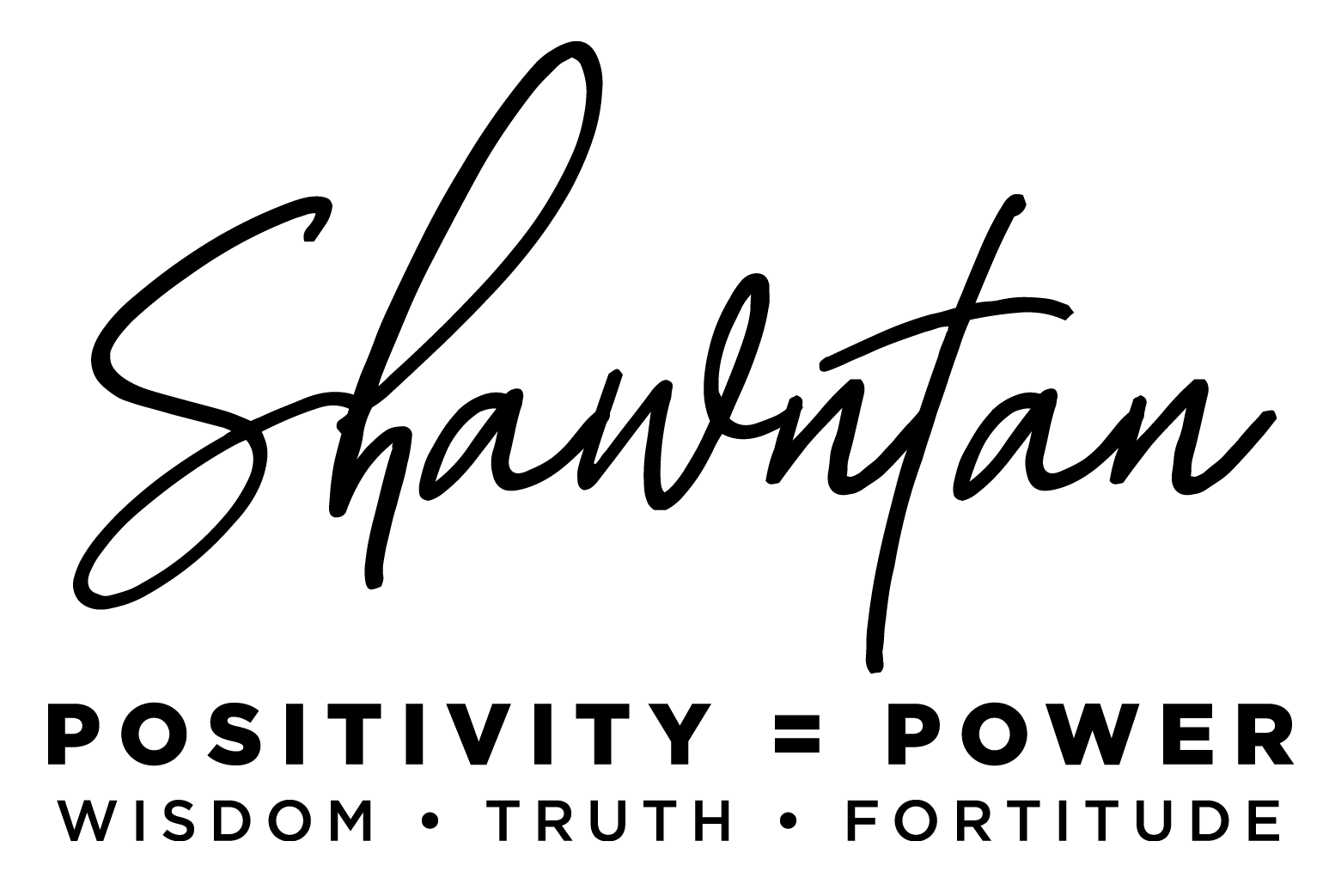1. You chose “Do the Work” as your personal motivation that most exemplifies you and how you show up for others. Please explain why.
I chose Do the Work because it strongly connects to my own anti-racism (anti-oppression) journey – a journey that has been nothing short of transformative for me and how I live.
I believe that white culture cultivates fragility, anxiety, perfectionism, defensiveness, conflict aversion, competition, and a lack of honesty. These are values I carried, somewhat unconsciously, throughout much of my life, and I was even rewarded for them (especially in school and work). I didn’t realize how these values were contributing to my own self-oppression and how miserable they were making me. And I didn’t understand how connected these values are to the systems of oppression that actively harm anyone without structural privilege (BIPOC, women, LGBTQ, disabled, neurodiverse people).
Dominant culture doesn’t support building anti-oppression skills like courage, directness, honesty, holding multiple truths, growth mindset, tolerating discomfort, relational thinking, going slowly, and rupture/repair. Building new skills is like building weak muscles. It’s hard work. It’s messy, sometimes ugly. It takes a lot of practice.
But without these skills, I continue to oppress myself and contribute to the systemic oppression of others. Conversely, as I’ve begun to build these skills, I’ve experienced tremendous peace, wholeness, healing, and connection.
Do the Work is a powerful reminder of how LIFE-GIVING and LIBERATING it is to build anti-oppression skills to serve myself and others. It’s always a work in progress, emphasis on the work. And it’s totally worth it.
2. When did you first notice this quality in yourself?
I think I’ve always been someone who will work hard to go after something I believe in, But my current definition of “the work” started emerging in 2019.
3. Please share a story that exemplifies this quality in yourself
In 2018 I started to see white supremacy values become more overt in my child’s school community. I didn’t have many people I could talk to about what I saw and I didn’t know how to speak up to disrupt these values. Moreover, I sometimes felt complicit in the white-dominant culture that embraced these values. It left me feeling triggered, on-edge, and isolated. I knew I needed to find a community that shared my values and learn to speak up. I started a parent-led equity group in our school and people joined. It was terrifying, messy and embarrassing. Some white people in the community stopped interacting with me and my kids. Some people of color called me out for ways I could do better. There were indeed many things I could have done better/differently, but by doing the work I built some of the muscles I needed to be better and do better. And our school community began to build these muscles as well. It was the first time I understood what it felt like to build anti-oppression skills. I wouldn’t have learned how without doing the work.
4. How do you exhibit this motivation in your daily life?
Doing the work often means doing something that’s scary to me. I try to move towards the things that scare me.
5. What has it meant to you personally?
This motivation has meant everything to me personally. My hope is that the work is a way to contribute to generational healing.
6. How do you encourage others to “Do the Work”?
I encourage others to do the work by modeling the work myself and speaking vulnerably about my own imperfections in the work. I also try to disrupt, name, and speak honestly about values of oppression when I see them. I try to invite white people into the work by connecting their values to actions (because white culture also believes that thinking about the work is the same as doing the work, and it’s not.) Lately, my biggest focus is to try things I’m scared I won’t get right and trust that I will be able to do the work to repair and course-correct if/when I get it wrong.
7. Please share an example of when you encouraged this in others and there was a positive outcome.
I now have many relationships with people focused on doing the work. We hold each other accountable and cheer each other on so we can keep developing the skills we need to dismantle oppression in ourselves, our homes, our communities, and our world. The work will never be done. Doing the work is a practice, a way of life, not an arrival point. I can see almost daily how much my own willingness to do the work has influenced people around me. But I feel the biggest impact in myself.







